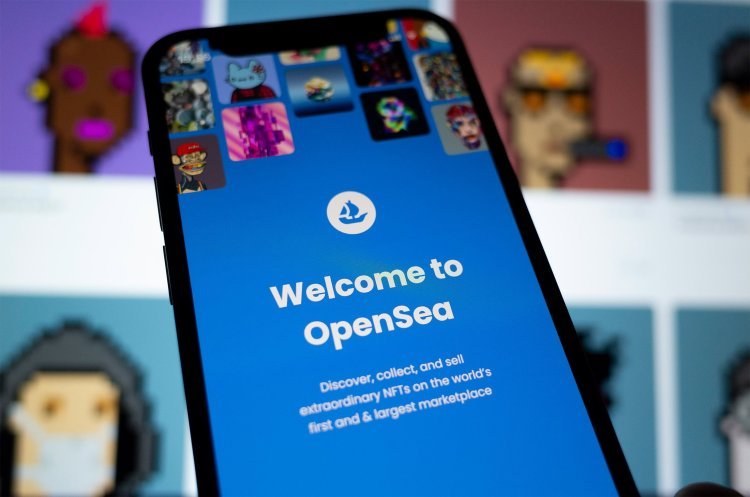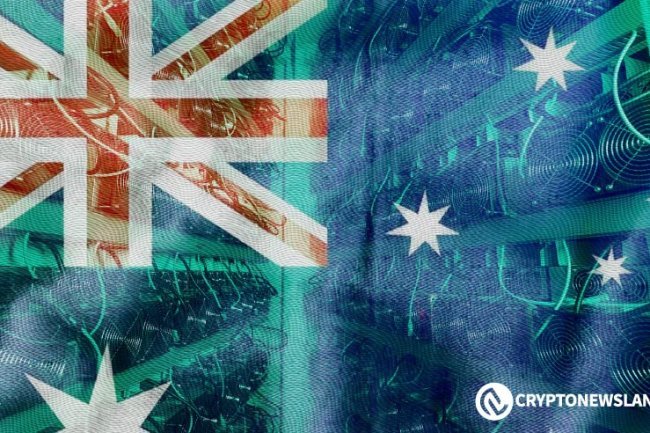OpenSea Faces Class-Action Lawsuit Over Alleged Sale of Unregistered Securities

OpenSea Faces Class-Action Lawsuit Over Alleged Sale of Unregistered Securities
In a significant legal development, two users of the NFT marketplace OpenSea have launched a class-action lawsuit in a U.S. federal court, claiming that the platform has been selling unregistered securities. The lawsuit, filed on September 19 in Florida, involves plaintiffs Anthony Shnayderman and Itai Bronshtein, who argue that certain non-fungible tokens (NFTs) purchased through OpenSea, particularly from the once-popular Bored Ape Yacht Club collection, have lost all value due to alleged regulatory violations.
A key aspect of the lawsuit is OpenSea’s recent receipt of a Wells notice from the U.S. Securities and Exchange Commission (SEC). This notice indicates that the SEC has concluded its investigation and may pursue enforcement actions against OpenSea. The plaintiffs argue that this notice suggests the platform could be liable for enabling the sale of unregistered securities, which they contend includes specific NFTs sold on its marketplace.
Shnayderman and Bronshtein cite past SEC actions against other NFT projects, such as Stoner Cats 2 and Impact Theory, as relevant precedents for their case. They claim that the NFTs in question qualify as investment contracts under the Howey test—a legal framework used to determine whether a financial instrument is considered a security. The plaintiffs assert that their purchases were made with the expectation of profit derived from the efforts of others, which they argue meets the criteria for securities.
Additionally, they accuse OpenSea of misleading listings that led them to acquire NFTs they now deem "worthless" and illegal. The lawsuit claims that the platform breached user warranties by failing to properly oversee its marketplace for such transactions. The plaintiffs further allege that OpenSea has unjustly profited by collecting fees from these sales, which it should have recognized as tied to unregistered securities.
In a related market trend, a CryptoPunk NFT that sold for $23.2 million in 2022 recently resold for only 1,500 ETH—about $3.9 million—representing an 80% discount. The original owner, Deepak Thapliyal, who had purchased the NFT for 8,000 ETH, announced the sale on social media, while the new owner, VOMBATUS, described the deal as a “free” acquisition due to the low price.
The NFT market has seen a downturn, with several companies scaling back their involvement. Notably, Starbucks recently shut down its NFT rewards program, and GameStop announced the closure of its NFT marketplace after reducing its crypto services over the past two years. Additionally, X (formerly Twitter), under Elon Musk’s ownership, discontinued a feature that allowed premium users to set NFT images as profile pictures.
Click Here to Visit
What's Your Reaction?
















